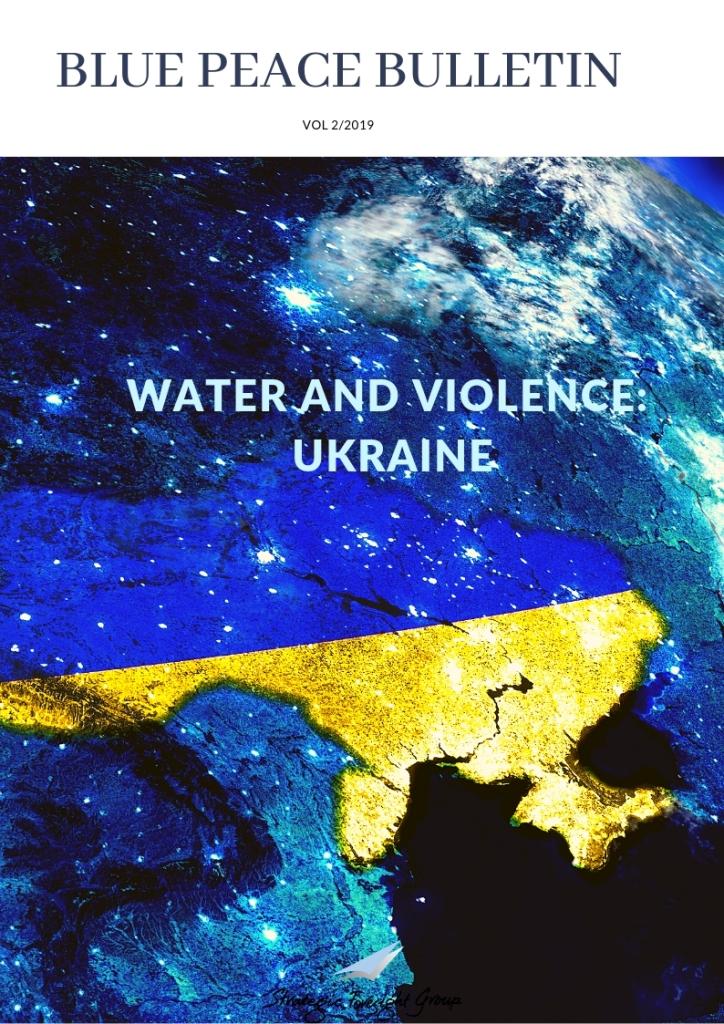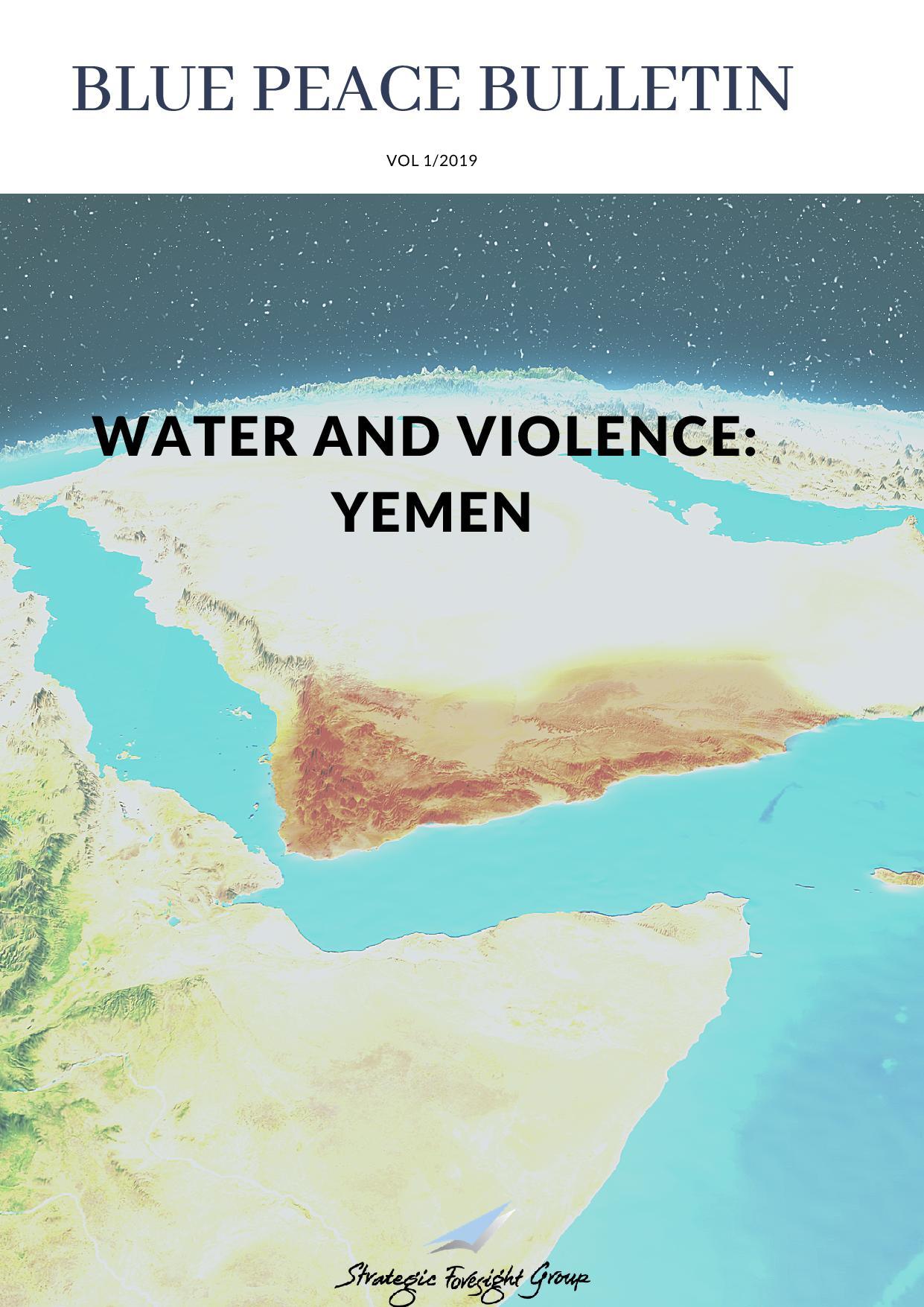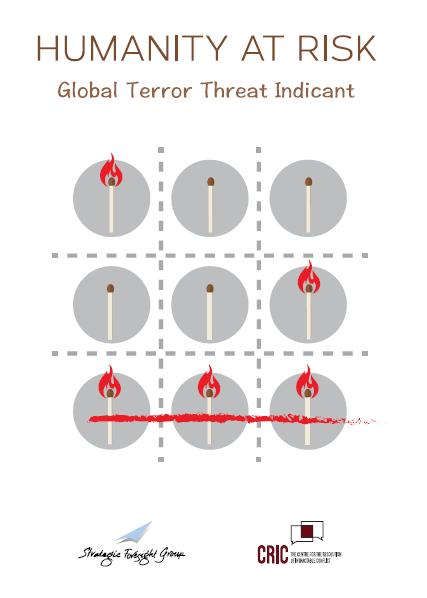Piracy �€“ Perils & Procedures
|
|
December , 2008
By Rohit Honawar
|
As Somalia�€™s pirates continue to attack merchant vessels along the Gulf of Aden - undeterred by the presence of the world�€™s Navies - it is pertinent to question what measures the international community should enforce to ensure that one of the world�€™s major shipping lanes is safeguarded, and that the lives of sailors are protected. While the economic ramifications of unchecked piracy along the Somali coast are well publicised, there continues to remain an absence of a successful multi-faceted international strategy to address the issue, which so far this year has accounted for more than 120 instances of piracy and/or armed robbery.
The hijacking of the Saudi owned super tanker Sirius Star, coupled with the actions of the Indian and Royal Navy, was indicative of the changing intent of the various players involved. While the naval encounters signaled a departure from the previous �€˜rules of engagement�€™, it was the hijacking of the 318,000-tonne vessel 800km from the Kenyan coast, with 2 million barrels of oil worth an estimated $100 million, which represented a bold statement and raised many questions of the pirates from Eyl in Puntland province of Somalia.
The audacity of the pirates to attack a large vessel like the Sirius Star was a first of its kind, sending global oil prices northwards by over $1. In addition, the attack revealed the sophistication and expertise of the pirate network, which according to intelligence reports extends to Dubai, Canada, Europe and Kenya amongst others; with negotiators, translators, agents and now informants coming together to form this intricate, professional and highly motivated group. Further complicating anti-piracy measures is the use of state-of-the-art navigational systems and modern weapons on board high powered boats and �€œmother ships�€ which easily blend in with the large number of skiffs trawling the waters surrounding the Gulf of Aden. With inability on the ground and a lack of political will or resolve on the high seas, this burgeoning �€˜crime syndicate�€™ continues to challenge shipping companies across the world �€“ risking the lives of crew, raising insurance premiums and, increasing transit times.
In lieu of global insecurities it is imperative that nation states and international organizations or trading blocs implement measures which are both reactive and pro-active in nature. While there is no doubt that a multi-pronged strategy on both the land and the sea offers the only viable solution to the problem, there should be no illusion that this can be resolved overnight. The inherent domestic problems confronting Somalia necessitate that any external intervention policies must be chalked out on a short/medium/long term basis. The country�€™s division into three distinct parts - with the capital Mogadishu ruled by the Transitional Federal Government; the south and center ruled by the Islamists of the Al-Shabab group and; the pirates of the semi-autonomous Puntland to the north - leaves no doubt that this impoverished country ravaged by almost two decades of civil war and famine, with a virtually non-existent economy, requires all the international assistance possible to prevent further tragedy.
The deteriorating internal situation has pushed several unemployed fishermen, businessmen and military personnel to seek �€˜bluer�€™ pastures in the form of piracy. In addition, a lack of political will and corruption within Somalia has failed to curtail the problem along the coast. More telling perhaps is the international communities repeated failure to provide for Africa�€™s poor and, sincerely implement measures which write off the continents debt, thus allowing people to start afresh. While re-building and supporting Somalia�€™s economy and government represents a mammoth task on a global scale, there is a need to address its historical problems, so that we are better equipped to circumvent those of the future. Strong governance in Somalia must be a pre-requisite to any domestic and international efforts at curbing piracy in the region.
From a maritime perspective the UNSC adopted resolution 1851 in December of this year, allowing for international operations against pirates on land in Somalia and, for �€˜hot pursuit�€™ into Somali waters. In conjunction with resolution 1838 which allows for naval vessels operating in Somali territorial water to use any �€œmeans necessary�€ to stop piracy in international waters, the two resolutions represent significant anti-piracy measures. In addition, the Indian Navy continues to conduct operations in Somali waters, the most recent of which led to the arrest of 23 suspected pirates by marine commandos from the INS Mysore. Furthermore, the European Union recently agreed to start patrols of six ships and three surveillance planes under �€˜Operation Atalanta�€™. While these measures will act as a deterrent to pirates, they represent short term solutions and, are unlikely to end piracy in the Gulf of Aden.
The nature of pirate attacks in the Gulf of Aden has been indiscriminate to date, with vessels of different flags, carrying varying cargo and with diverse crews being singled out for hijacking. In equal measure, the response of the international community has been global in nature, with the navies of India, Britain, France, Malaysia and the US amongst others, patrolling the waters to ensure safe passage for ships and crew. However, several measures need to be implemented to further strengthen our response. Coordination between navies must be improved to ensure that a wider area of the ocean is patrolled, thus increasing the protections abilities of those involved. Under the same premise, any UN peacekeeping force must fall under a �€˜unified command�€™, which will ensure better coordination and quicker response time to attacks. While resolution 1851 does call upon states and international organizations to �€œestablish an international cooperation mechanism�€��€ it only asks them to �€˜consider�€™ �€œcreating a center in the region to coordinate information�€��€ Until and unless the world�€™s navies are able and willing to operate collaboratively, there will continue to be �€˜loopholes�€™ by which the Somali pirates will be able to carry out their activities.
There is a need for international consensus which ensures that navies involved in �€˜hot pursuit�€™ or operations in Somali territory will not be held in violation of human rights and international law. Furthermore, there remain doubts over whether states will be willing to take the necessary risks of conducting operations in Somali territory with the memories of the failed US 1992-1993 operation �€˜Restore Hope�€™ still fresh in our minds. Given that the Somali government is unable to protect against nefarious activities, the responsibility should be given to international forces. In addition, navies must be given the directive to arrest suspected pirates and hand them over to a third country for trial or, be given allowances to hold them in a �€˜prison vessel�€™ until such time as the UN decides on a future course of action. While such tactics might appear heavy handed, it is important to ask if the world would have stood by for as long as it has, had commercial airlines been hijacked with the same frequency and impunity as the perpetrators of these acts have come to represent.
The Somali pirates must not be confused with terrorists. Historically, Islamists in Somalia have dealt harshly with individuals involved in piracy. However, given the downward spiral of affairs in the country and the penchant of those involved to seek profits, it cannot be said with certainty that the criminals of today will not undertake �€˜business�€™ dealings with terrorist groups in the future for monetary gains. It is imperative that fully laden ships with valuable cargo and crew are not used for barter in the future and, that piracy in the Gulf of Aden is stamped out before it stretches beyond our control.
Related Publications
Related latest News
Related Conferences Reports
-

P5 Experts Roundtable on Nuclear Risk Reduction
Download:Geneva Roundtable Report
-

Roundtable on Global Security and Catastrophic Risks
Download:Report on RT revise





